Author: Sam Nunn
For years there have been massive debates around personal data and tracking which has led to the introduction of GDPR and the ICO issuing fines – but right now, decisions are being made on how to track patients post this pandemic, harvesting the personal data that many of us have fought hard to protect.
COVID-19 has well and truly changed this landscape. In May 2019, GDPR officially became enforceable with the likes of Mark Zuckerberg sitting in front of Senators discussing Facebook’s role in tracking their members. The likes of the ICO also began to issue fines to organisations that have had data breaches – showing the urgency around protecting our personal data.
Right now, the likes of Apple and Google can provide tracking information of users that could be employed by Governments and Health Departments to show whether lockdowns are working, but to a large extent, their offers have been rejected.. Google and Apple continue to work on API’s to enable cross platform usage on iOS and Android to allow health authorities to build a Bluetooth tracing platform – designed to alert members of the public when they come into contact with someone with symptoms. Albeit you need to register to the service, the ideology of having these capabilities goes directly against why GDPR and personal data protection was put in place in the first place.
If you have recovered from COVID19 and are placed on this tracing application, it means you protect other people, but lose your ability to protect your personal information. If you opt-out, you protect your personal information but go against protecting others around you.
Have Governments planned how these capabilities can be reversed/removed once we recover from the pandemic?
At what point does public safety override our right to protect our data?
Debate worthy, right?
CEO Steve Groom and CCO Sam Nunn thought so too – watch the debate now…
© Vissensa Limited 2008 -2020











